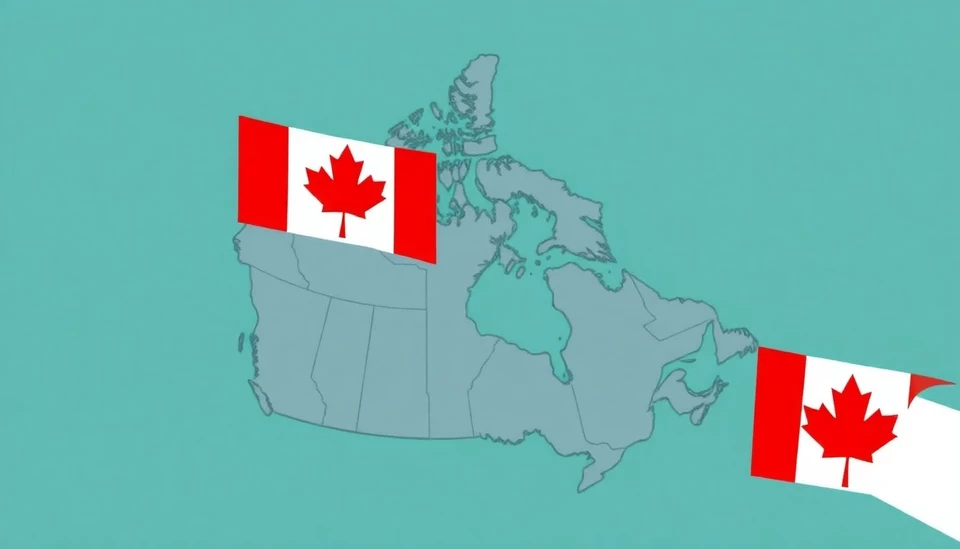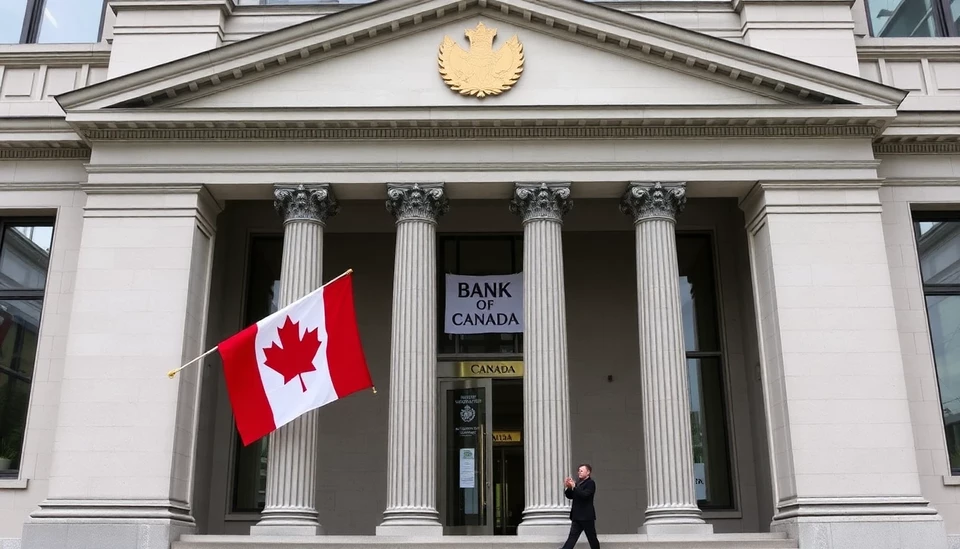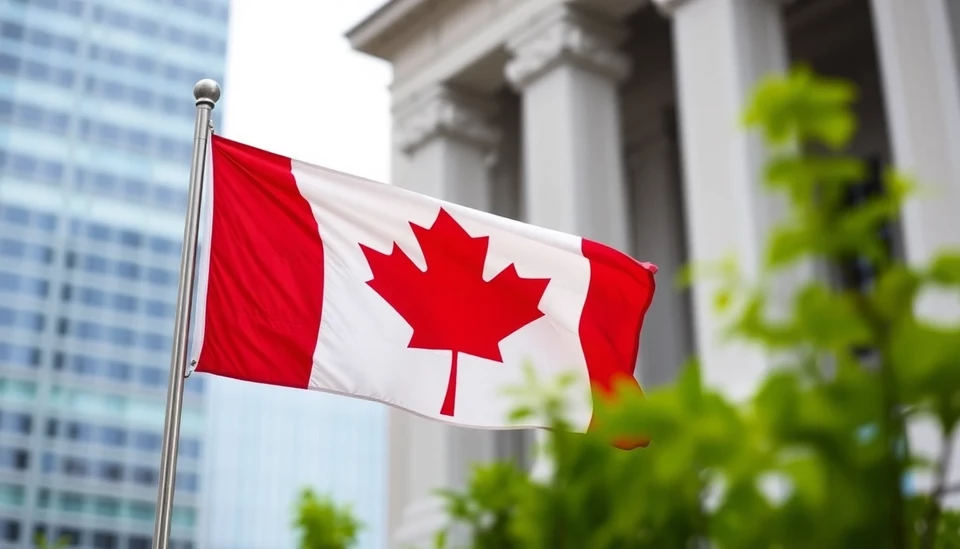
In a significant shift that reflects the current economic climate, economists have drastically reduced their growth forecasts for Canada, attributing this revision primarily to the escalating trade tensions with major global partners. This development has raised concerns among stakeholders about the potential long-term impacts on the stability and resilience of the Canadian economy.
The latest reports indicate that Canada’s economic outlook is being overshadowed by a series of evolving trade disputes that have escalated unexpectedly in recent months. Analysts are observing a sharp decrease in consumer confidence and business investment, which are crucial components for a thriving economy. The uncertainty surrounding trade agreements and tariff impositions is influencing decision-makers across various sectors.
Several major banks and financial institutions have made adjustments to their growth predictions, projecting a slower recovery trajectory than previously anticipated. The decline in exports, particularly in key industries such as automotive and agriculture, is a primary concern, as these sectors heavily depend on international markets. With tariffs on Canadian goods becoming a reality, the repercussions are immediate and severe.
One noted economist pointed out that Canada stands on the brink of a potential economic slowdown, which may lead to job losses and diminished household incomes. The sentiment in the market is increasingly cautious, with many businesses delaying expansions or scaling back operations in response to the unpredictable trade environment.
The Canadian government is being urged to address these pressing challenges. Many stakeholders are advocating for a diversified trade strategy that would lessen dependency on any single market and create more robust avenues for Canadian exports. Policymakers are under pressure to engage in diplomatic dialogues to de-escalate tensions and restore stability.
As Canada navigates these turbulent waters, the focus amongst economists remains on monitoring the developments closely, evaluating the effectiveness of government interventions, and preparing for adaptive strategies that can withstand external shocks. The road ahead remains fraught with challenges, but with strategic foresight, there exists potential for recovery and growth in the long run.
In conclusion, as Canada faces a critical juncture amidst ongoing trade disputes, the cut in economic growth forecasts serves as a stark reminder of the interconnectedness of global markets and the imperative for proactive measures to safeguard the nation’s economic future.
#CanadaEconomy #TradeWar #GrowthForecast #EconomicChallenges #CanadianEconomics
Author: Laura Mitchell




